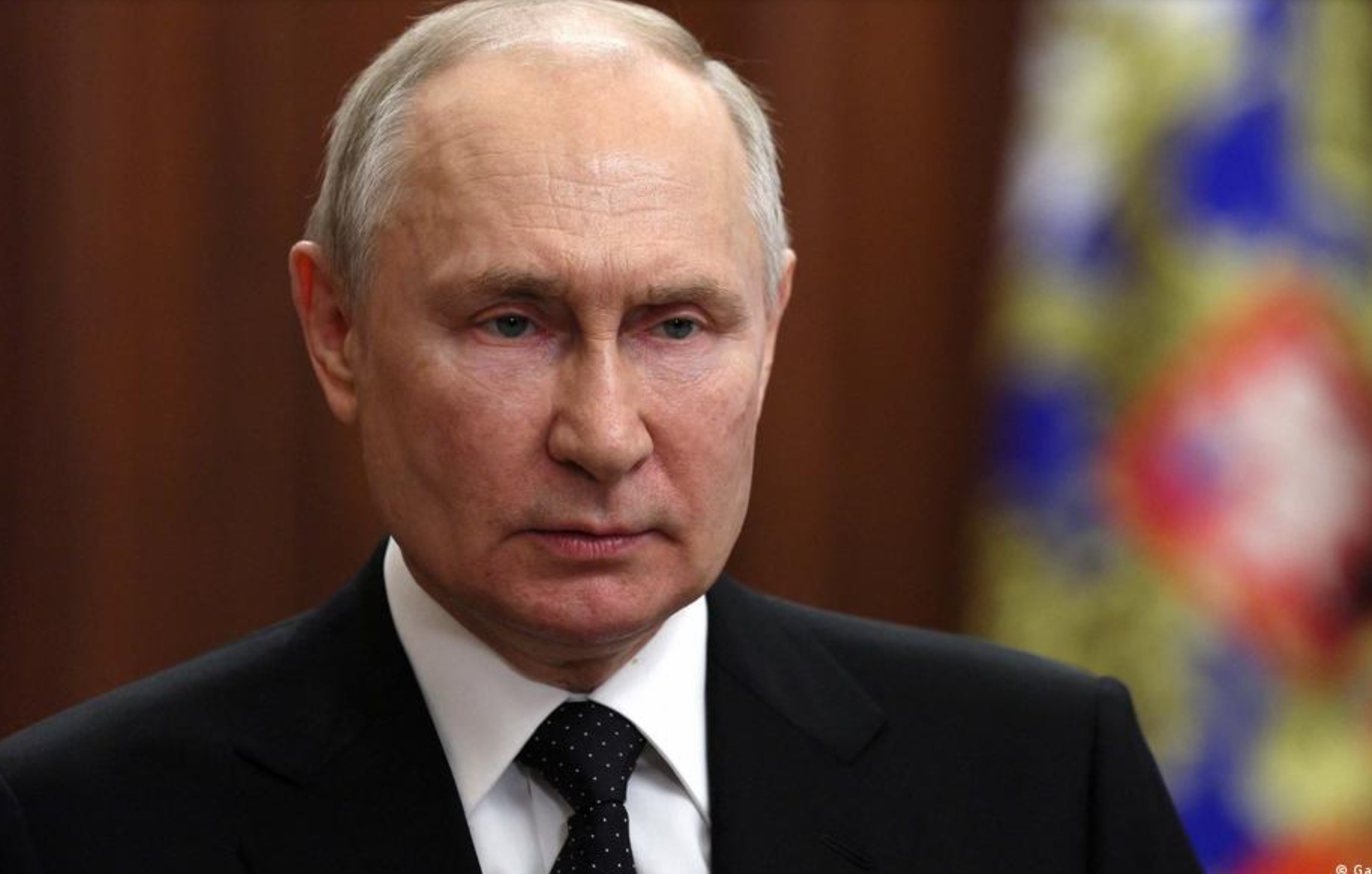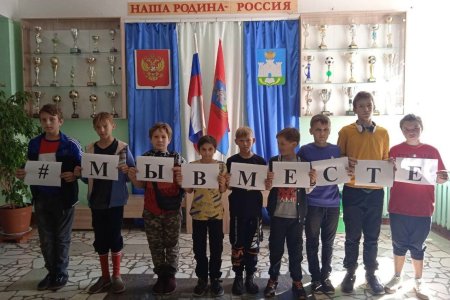
Russian president Vladimir Putin has made Radko Samac, a former Bosnian Serb fighter, a Russian citizen, thus guaranteeing that he need never fear being forced to stand trial in Bosnia and Herzegovina on grave war crimes charges. Russia had earlier refused to extradite him, but claimed then that this was on health grounds. Putin’s decree on 9 January 2024 has dropped any such pretence.
Samac is suspected of war crimes against civilians in western Bosnia, including involvement in illegal expulsions in 1992 which resulted in the death of 150 Bosnian civilians. Without Russian protection, he would have also faced trial for the killing of three civilians, including a married couple, in 1993.
In reporting Putin’s decree, Bosnian Transitional Justice noted that witnesses in a 2023 trial over involvement in the killing of 78 civilians in June 1992 had testified that Samac had been one of the soldiers who took part in the killing.
Bosnian genocide researcher Hikmet Karcic has told the Bosnian Investigative Network that this is not the first time that suspected war criminals have sought (and received) refuge in Russia.
Karcic said that this demonstrated Russia’s lack of respect for international law. Ukrainians, of course, need no additional proof of this, however, it is noteworthy that Putin is granting refuge and citizenship, while his regime is currently fabricating absurd charges of ‘crimes against civilians’ as pretext for mass ‘trials’ and huge sentences against Ukrainian prisoners of war. Most of these supposed ‘trials’ take place without any access to international observers or independent media, with the ‘sentences’ handed down by kangaroo occupation courts. There is no evidence even that the men had access to lawyers, and the only ‘proof’ provided is from supposed videoed ‘confessions’ almost certainly obtained through torture (details here and here).
Putin’s 10 January decree comes just a week after another such document in which Putin ordered simplified procedure for Russia’s illegal abduction of Ukrainian children from occupied territory, and for mercenaries and their families to receive Russian citizenship. The condition was, of course, that the mercenaries sign a contract to fight against Ukraine for a year. Judging by the ages of many of the other foreign nationals whom Putin made Russian citizens on 10 January, it is likely that at least some gained their citizenship for providing similar ‘services’.
Putin’s new decree came two days before new revelations about another category of mercenaries whom Russia is using to fight its war of aggression against Ukraine. While Crimean Tatar and other Ukrainian political prisoners, civilian hostages from newly occupied parts of Ukraine and Ukrainian POWs receive up to life sentences without any crime, Russia is systematically releasing convicted murderers, rapists and other criminals to go and kill Ukrainians.
On 11 January Mediazona reported yet another case where Putin pardoned a multiple murderer. Denis Zubov had been sentenced to 21 years’ imprisonment for the murder of three people on separate occasions. His mutilation of two of the bodies may possibly have been motivated by jealousy of a sexual rival in the first case, and an attempt to imitate a serial killer in the second. What does seem clear is that there were serious grounds to believe that he posed a danger to society, and the jury found no grounds for asking for a lighter sentence.
Zubov was killed, possibly as one of the men whom Russia has used like cannon fodder in trying to seize Bakhmut in Donetsk oblast. Russia is, however, known to have sent around 50 thousand convicted prisoners to fight in Ukraine, offering money, release and a presidential pardon in exchange. Around 40 thousand survived the agreed 6-month term of mercenary services and have returned to Russia where many have already committed serious crimes.



